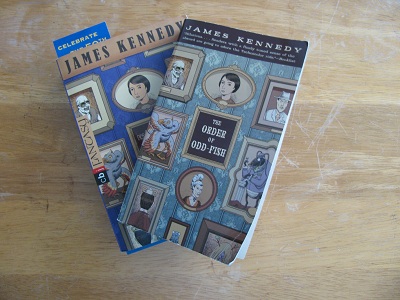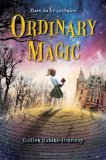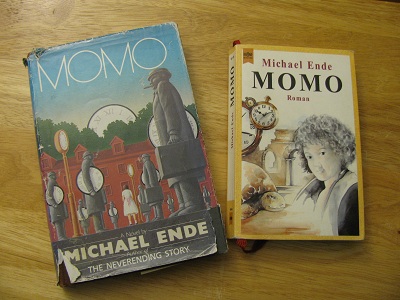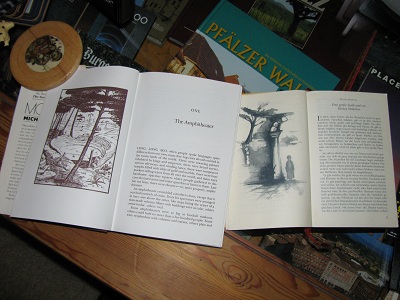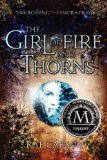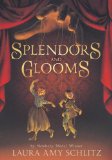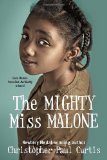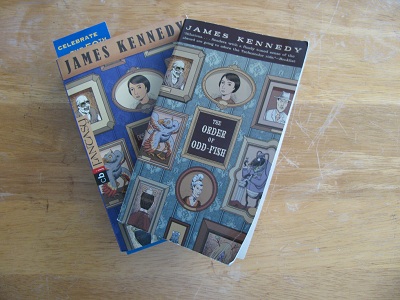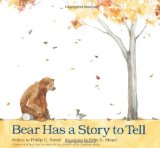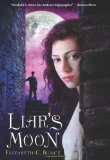Review of The Girl’s Guide to Homelessness, by Brianna Karp
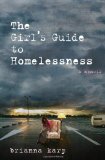 The Girl’s Guide to Homelessness
The Girl’s Guide to Homelessness
A Memoir
by Brianna Karp
Harlequin, 2011. 344 pages.
Starred Review
Wow. This book will grab you and keep you turning pages. And I hope it will adjust your opinion of homeless people.
If you’ve ever thought that the homeless are lazy or somehow deserve their fate, consider the words of Brianna Karp:
“I had never thought about how those homeless people ended up there. I had never once thought to ask, ‘Why would a lazy person choose that life?’ It seems like a really hard, scary, uncertain life. It seems like the last kind of life a lazy jackass would choose.”
This book tells how one person ended up there. Yes, she had a difficult upbringing. She did have a job, much of the time, and even a trailer to live in. But she definitely doesn’t fit the stereotypical picture of a homeless person. Reading her story definitely made me think.
I was hoping the book would end with Brianna happily married and living in a house, never to be homeless again. Spoiler alert: It doesn’t. But the story of her journey is compelling and moving. She knows how to tell her story so that you feel for her, but don’t pity her. She does show how to be homeless with dignity and self-respect. I truly hope that this book will have incredible sales. Did I mention the story is a page-turner?
As a public librarian, I deal with homeless people every day. I’m sure there are many I don’t know are homeless, but I know that the library is a great place for homeless people, since our services are open to all and everyone is equal there. This book increases my respect for them, and that’s a good thing. And did I mention it’s a great story?
Most of the book is Brianna’s story, but I like this section where she talks to the reader about attitudes toward homeless people:
“The most irritating thing, I found, is when people question ‘luxury’ items like phones, laptops or vehicles. ‘I just saw a homeless person with a cell phone! Guess he’s not really homeless.’ ‘Wait a second, how do you blog if you’re homeless?’ ‘Why don’t you sell your phone and laptop and car and buy food or rent an apartment?’. . .
“I can understand potentially taking issue with government money being misspent — if a homeless individual is receiving housing funds for a very specific, designated purpose from an assistance program, and spending them elsewhere. But personal income? It’s yours, you’ve earned it, and if you want to use it to buy a cell phone or a laptop or a book or a necklace or even a goddamn pack of cigarettes because you feel that any of the above will improve the quality of your life or just plain make you feel a little happier or more humanized for a short while, then good for you. I will never be the one to demand to know how much it cost you or look at you askance and mutter about how you wouldn’t be homeless if only you didn’t buy A, B or C. It’s basic respect, and I don’t think that basic respect and the right to privacy end when you lose your home. . . .
“Sustainability is the key to any lifestyle. Sure, I could sell my phone and my laptop for the price of a few hamburgers. But, then, the hamburgers would soon be gone, and so would my phone and laptop. I would have absolutely no phone, so an employer could contact me. And without a laptop, I would only be able to search and apply for work online during the hours that the public library was open.”
This book will entertain you, but it will also make you examine your own attitudes.
girlsguidetohomelessness.com
harlequin.com
@tGGtH
Find this review on Sonderbooks at: www.sonderbooks.com/Nonfiction/girls_guide_to_homelessness.html
Disclosure: I am an Amazon Affiliate, and will earn a small percentage if you order a book on Amazon after clicking through from my site.
Source: This review is based on a library book from the Fairfax County Public Library.
Disclaimer: I am a professional librarian, but I write the posts for my website and blogs entirely on my own time. The views expressed are solely my own, and in no way represent the official views of my employer or of any committee or group of which I am part.
